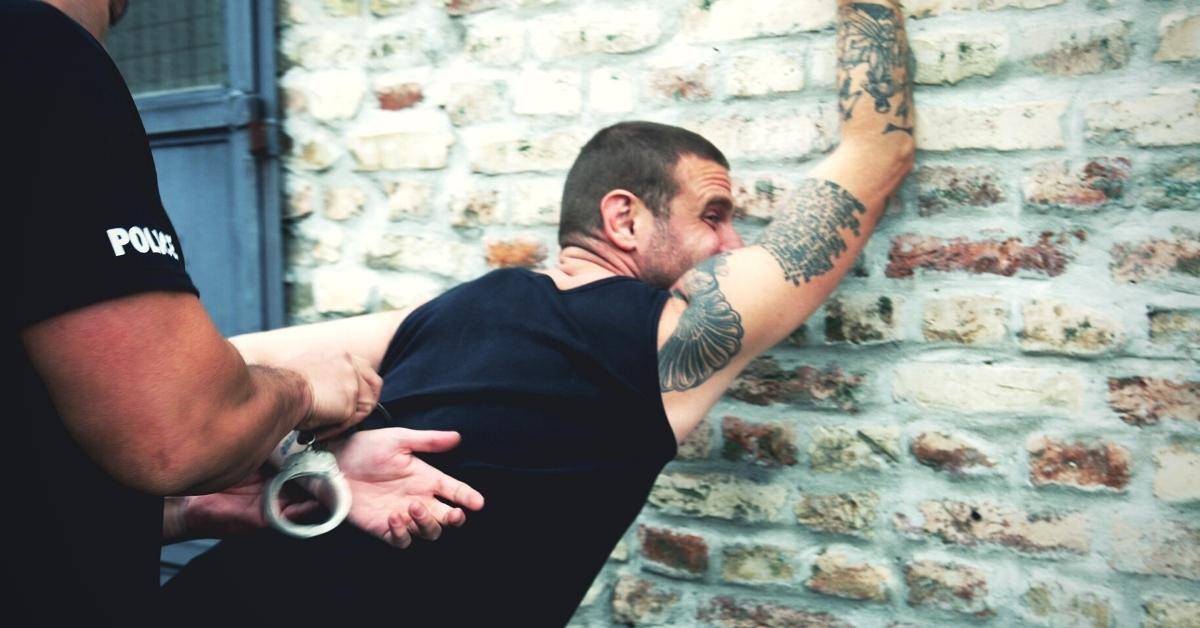The American justice system centers around the presumption of innocence until guilt is proven. If you are charged with a crime, you have the right to face your accuser in court. You also have the right to present defenses to criminal charges. To be convicted for a crime, your guilt must be demonstrated beyond a reasonable doubt.
If you’ve been accused of a crime, you owe it to yourself to secure the best possible defense. Texas law can be intricate and convoluted if you have little to no prior experience going through the legal system. That’s why it’s in your best interest to contact an established criminal defense attorney to explore your defenses against criminal charges.
Criminal Charges Defense Lawyer in Irving, Dallas, Carrolton, Richardson, TX
The Law Offices of Richard C. McConathy is passionate about defending the rights of our DFW clients. We always aim for the dismissal of your charges when the facts allow it. Whatever charge you’re facing, we will review the evidence to look for procedural errors or weaknesses in the prosecution’s case.
Contact the Law Offices of Richard C. McConathy today at (972) 233-5700 for a consultation about your alleged offense in Irving, Dallas, Carrolton, Richardson, and surrounding areas of Dallas County, Texas.
What Are the General Defense to Criminal Charges in Texas?
The Texas Penal Code sets aside a full chapter to cover some of the more common defenses to criminal charges. Chapter 8 describes the following general defenses to criminal responsibility:
- Insanity
- Mistake of fact
- Mistake of law
- Intoxication
- Duress
- Entrapment
- Age affecting criminal responsibility
- A child with mental illness, disability, or lack of capacity
Let’s examine some of these defenses more closely.
The Intoxication Defense Against Criminal Charges in Dallas County
Intoxication occurs when a person eats, drinks, or ingests alcohol, drugs, or some other substance. A state of intoxication includes loss or impairment of a person’s mental and physical capabilities.
A person who drinks, with the intent to get drunk, or knowingly ingests any other mind-altering substances engages involuntary intoxication. Becoming intoxicated voluntarily does not absolve a person of their responsibility or forgive any wrongdoing they participate in while impaired.
Involuntary intoxication occurs when a person is drugged or otherwise ingests a substance that impairs their coordination or decision-making abilities. This type of intoxication occurs without the person’s knowledge or consent.

Entrapment as a Defense Against Criminal Charges in DFW
Entrapment (also called coercion) occurs when a member of law enforcement induces a person to commit a crime. The law enforcement representative may use persuasion or a similar tactic likely to cause the person to act in an illegal manner.
The concept of entrapment applies only to law enforcement officials. If your friend manages to persuade you to do something illegal, they aren’t able to turn around and arrest you after setting you up. Entrapment is an abuse of power by law enforcement.
A common misconception about entrapment is that an officer asking you to do something illegal is enough evidence to prove entrapment occurred. You must be able to demonstrate that the officer went to great lengths to talk you into committing a crime. Entrapment is a fairly rare defense to prove, but it does occur on rare occasions.
Duress as a Criminal Defense in Texas
Duress, also called coercion, occurs when a person performs an action in response to a threat, violence, or other pressure applied by another person. A person who acts under duress does so without consenting freely. Duress may qualify as a defense if the following elements are present:
- The threat must be of death or serious bodily injury;
- The threatened harm must be greater than the harm caused by the crime;
- The threat must be immediate and inescapable; and
- The defendant must have become involved in the situation through no fault of their own.
An example of duress occurs when one person commits a crime at the direction of another person who is currently holding them at gunpoint. It’s important to note that the threat of death or serious harm must be immediate.
If a person commits a crime at the direction of someone who has threatened to shoot them for noncompliance, the duress defense will likely fail if the person the threat was directed at has a chance to escape or report their situation to law enforcement officials.
Additional Resources
Intoxication | LawShelf Educational Media – LawShelf is an educational resource provided by the National Paralegal College. Visit this link to view multiple examples of the intoxication defense. You can also read a comparison between voluntary and involuntary intoxication here.
Intoxication | Texas Penal Code Section 8.04 – Visit this link to view an online version of the Texas Statutes hosted by the Texas Legislature. Here you can read the full text of the intoxication defense statute as well as the other general principles of criminal responsibility set forth by Texas law.
Find A Dallas County Defense Attorney for Criminal Charges | Law Offices of Richard C. McConathy
The defenses we outlined above are only some of the options available for your defense. It feels awful to be arrested and charged with a crime, but it’s not the end of the line. The experienced criminal defense attorneys at the Law Offices of Richard C. McConathy have represented thousands of clients like you since 2002.
Contact the Law Offices of Richard C. McConathy today at (972) 233-5700 for a consultation about your alleged offense in Irving, Dallas, Carrolton, Richardson, and surrounding areas of Dallas County, Texas.


